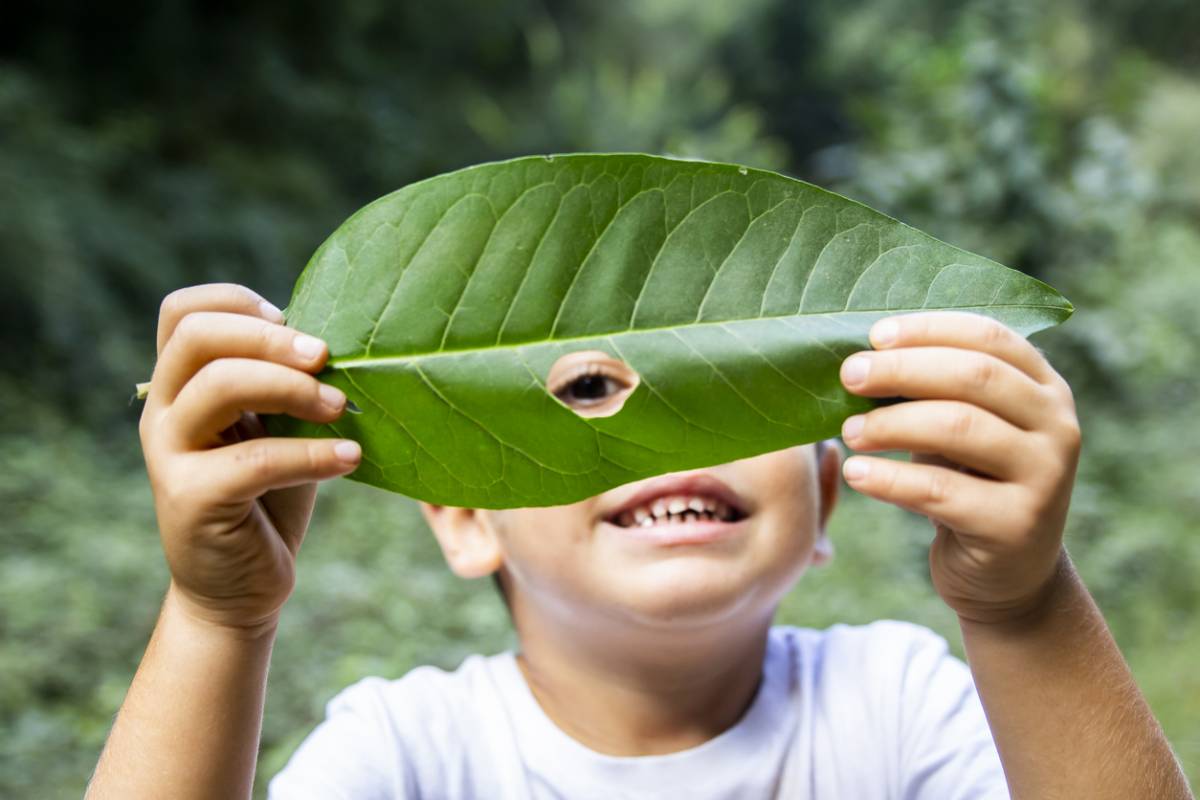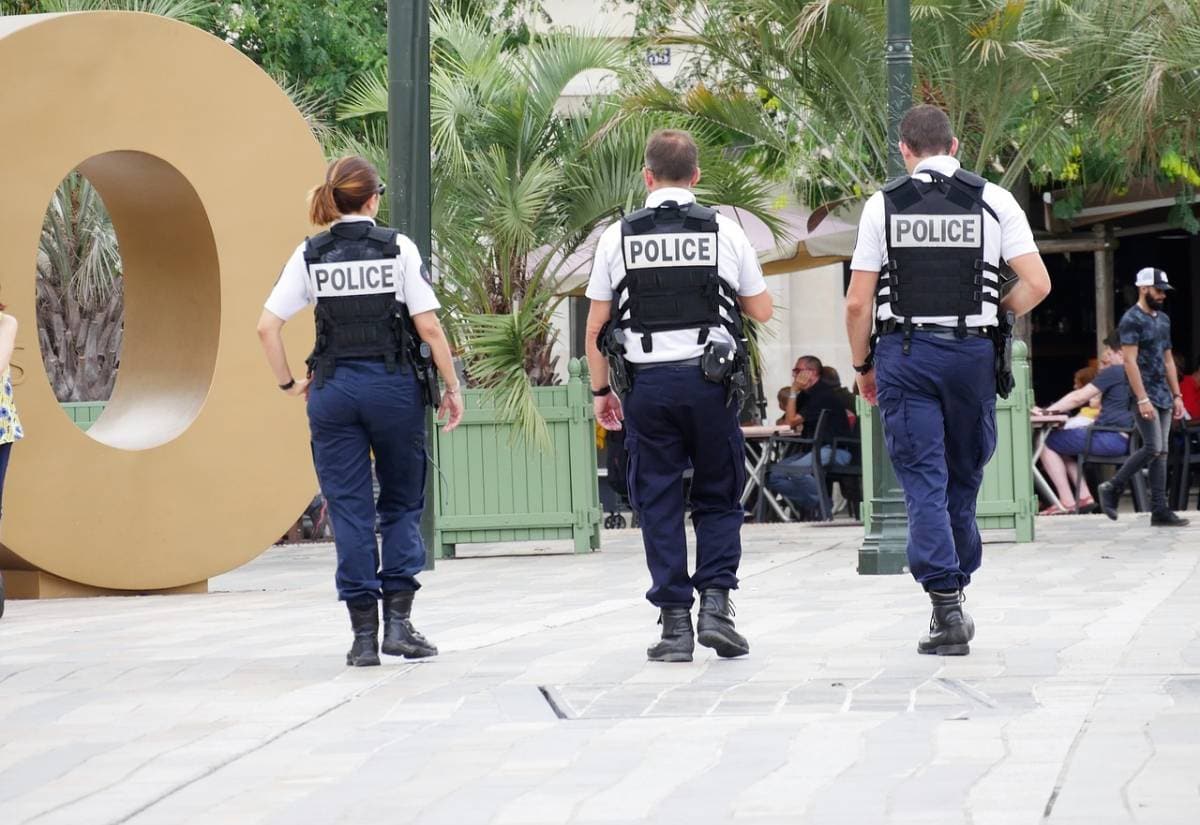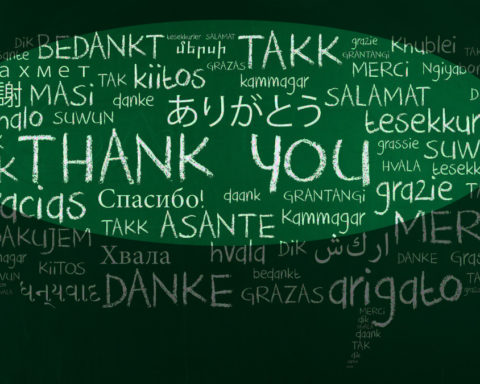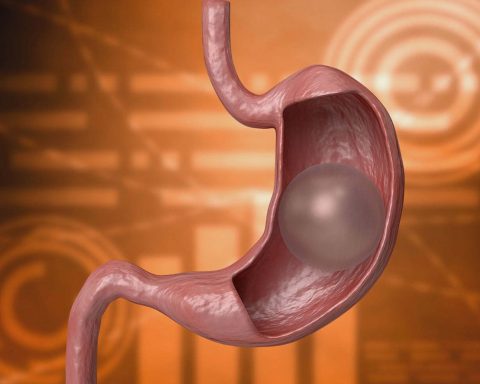When we talk about education, we cannot exclude the environment, especially when we realize that natural resources are running out at a glance, not to mention global warming. Our children must be made aware of the ecological world from an early age, in order to preserve their future. We must teach them to respect the environment. This can be done through speeches to be repeated regularly on a daily basis or through daily actions that will support your conviction. In this article, discover tips to educate your children for a greener world. Focus on current regulations, new laws, such as the one banning single-use plastic straws, or even on eco-friendly events planned for 2020!
Adopting an environmentally friendly lifestyle
To educate your children for an ecological world, it is important that you adopt an ecological lifestyle. Want to make it even more concrete? Bring your children to green events! These include Green Festival of Lyon, which will take place on 3 and 4 October 2020. A fun outing that teaches children a sense of responsibility, how to sort waste, or how to consume more responsibly.
Adopting good habits
Heavy drinking is a habit that is passed on from parent to child. Even if parents don't do it on purpose, children always manage to copy it.
Here, the trick is toAdopt rituals that will become good habits in the medium and long term.. Here are a few examples:
- Turn off tap water when not in use (e.g. when brushing teeth);
- turn off the light when leaving a room.
These are harmless gestures, of course, but they contribute to the preservation of the environment.
Other tip When you have extra food, share it instead of throwing it in the garbage. In this way, you will teach your child to limit food waste. To reduce pollution, you can also get your child used to walking from time to time instead of taking the car every day.
These are small reflexes that will become natural for the children of the new generation.
Use environmentally friendly items such as biodegradable straws
Do you want your child to learn the value of nature? Favour ecological and biodegradable objects in your house. He will use them on a daily basis, and by explaining their usefulness, you will make these small gestures normal and natural. You will find for example 100% biodegradable straws on this siteThe "Nature and the Environment" program is designed to teach your child to respect nature in its smallest daily gestures.
Indeed, the idea is to explain to your child that through the choice of the materials we use in our daily lives, we can actively contribute to the protection of the environment, and therefore of nature. Please note thata new law, which came into force at the beginning of 2020, bans single-use plastic strawsThese can be replaced by more environmentally friendly models, including biodegradable ones.
You can also find other accessories to replace all this disposable material, such as cutlery and other biodegradable cups.
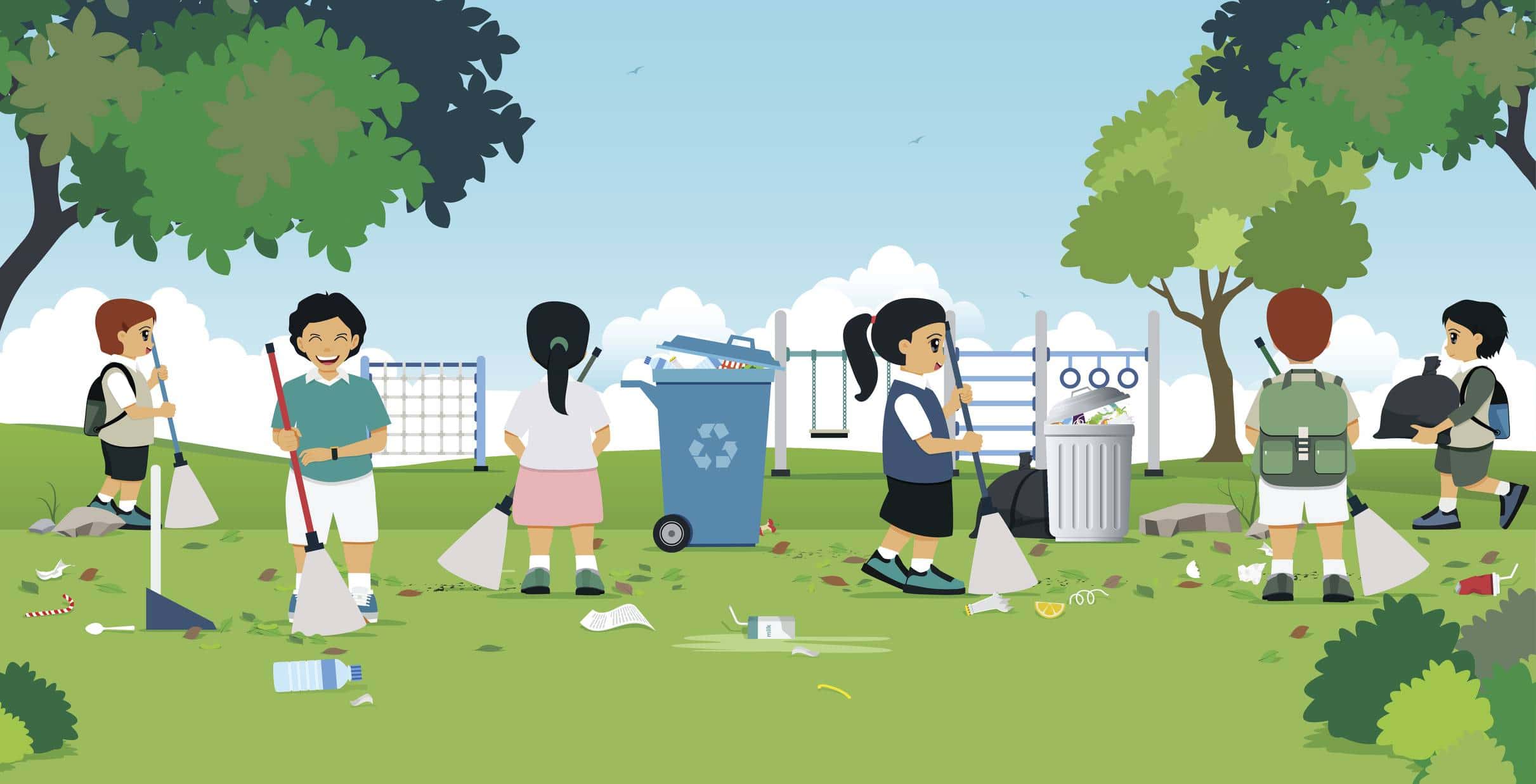
Bringing a new perspective on food
From a young age, your child should understand why it's important to eat fruits and vegetables. To further encourage him to favour local products, you will prefer vegetables as well as seasonal fruits.
As in many schools that have an ecological approach, you can create a small vegetable garden in your garden. The idea is to show your child the importance of eating fresh produce. Thus, from the age of 4 years old, he can discover the different ways of planting, and then gradually recognize each plant that grows there.
Apart from the educational aspect, you can also make the most of every moment to spend pleasant and playful moments with your child.
Getting in touch with nature
For a child to be aware of the importance of the environment, he must be encouraged to love nature. It is not enough to say that nature is important. You need to set an example and lead them to enjoy the natural elementswhile ensuring that small green gestures become automatic.
Reading stories related to nature
Do you have a reading ritual at night? Instead of reading fairy tales, princesses and magic, choose stories about nature, the seasons or the environment.
In this way, you give your child the opportunity to learn more about trees, plants, fruits and vegetables. More concretely, it's a fun way to gradually introduce your child to the world around them.
Today there are many ecology booksgreenhouse gas emissions, waste management and biodiversity.which are perfectly adapted to the younger ones. All you have to do is choose the one that best suits your child's age. You'll be amazed at how imaginative the authors of these books can be!
For example, why not opt for the book S.O.S Terre, written by Patrick George and published in March 2020? A superb book that will help them easily understand how to save the planet!
Observing nature
It must be admitted that a child who is used to living in an urban area has difficulty appreciating hiking or camping. He will find it difficult to adapt to a life in nature. To remedy this, make him or her discover from time to time the natural environment. Once a week, for example, you can schedule picnics in an out-of-town park.
The objective? To teach him to respect insects, not to kill or crush them. This is just one of many examples. It will also be an opportunity to teach him how to distinguish between pests and non pests. Your child can even learn new plant names.
Teaching your children how to manage waste
The waste handling is unquestionably one of the greatest ecological challenges. The proof is that many analysts and specialists in the field agree that our planet would be better off if we were able to manage it properly and significantly reduce our waste.
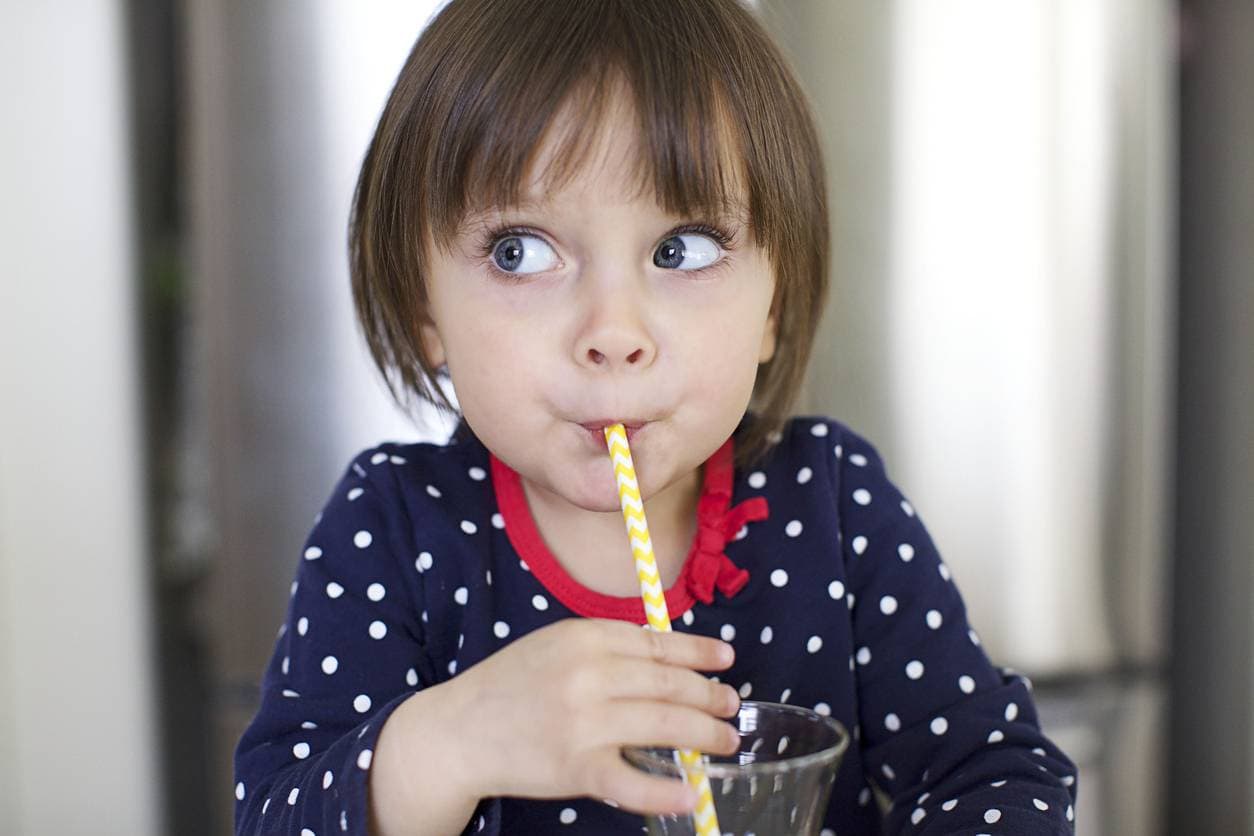
Because learning and good habits are learned at an early age, you can teach your child how to differentiate between garbage cans. Show him where to dispose of paper, plastic and food scraps.... For a quick assimilation, you can, for example, set up color codes.
Another good habit to adopt is recycling. That's right! From a certain age, you can initiate your child by explaining the principle of the recycling of waste.
By the time he's 6 or 7 years old, teach him how to create small accessories from recycled objects. That way, he will easily understand the usefulness and importance of this approach.
In any case, you must keep one thing in mind: environmental and development education sustainable is all about action. There is no need for sanctimonious words that children can forget after a few days or hours.

